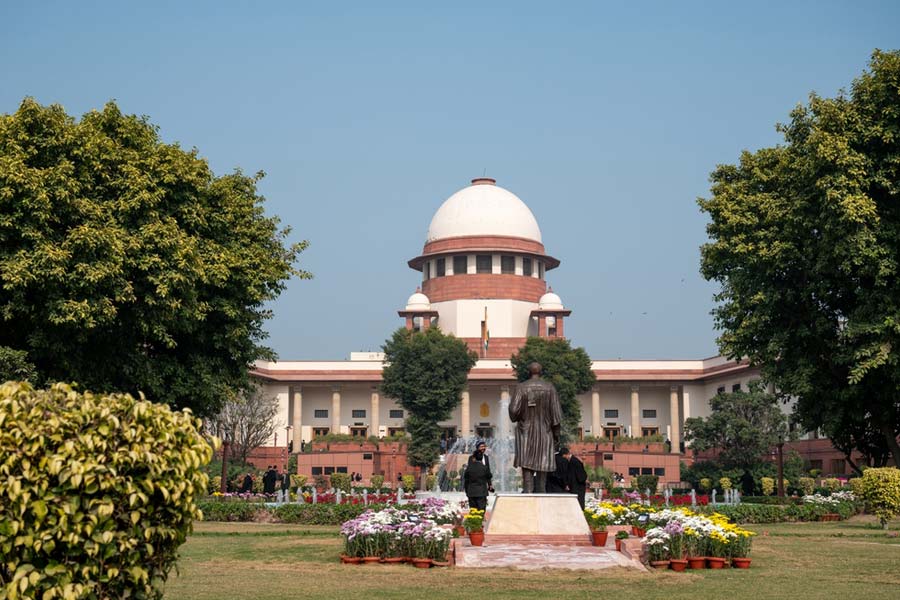The Supreme Court has ruled that excess land acquired by the state for public purposes must be returned to the owners in the proportion of their contribution at the time of the acquisition.
A bench of Chief Justice B.R. Gavai and Justices Prashant Kumar Mishra and K.V. Viswanathan passed the verdict while dismissing an appeal filed by the Haryana government against a decision of Punjab and Haryana High Court that had directed the state to return the land acquired by a local gram panchayat for creating public utility services.
“The land which remains unutilised after utilising the land for the common purposes so provided under the consolidation scheme vests with the proprietors and not with the gram panchayat…. The unutilised land, i.e. the bachat land, left after utilising the land
earmarked for the common purposes, has to be redistributed amongst the proprietors according to the share in which they had contributed the land belonging to them for common purposes…,” CJI Gavai, who authored the judgment, observed.
He added: “We have therefore no hesitation in holding that no error could be noticed in the impugned judgment and final order of the full bench of the high court to the extent that it holds that the lands which have not been earmarked for any specific purpose do not vest in the gram panchayat or the state. In the result, we find no merit in the appeal of the state. The same is accordingly dismissed.”
The Haryana government had filed the appeal against a judgment passed by a full bench of the high court directing the state to return
the excess land in its possession, while interpreting the legality of sub-clause (6) of Section 2(g) of the Punjab Village Common Lands Act 1961 as inserted by the Haryana Act No. 9 of 1992.
It was the argument of the state that once land has been acquired by it, the same vests with the government forever, and the landowners will not have any stake even if the land acquired remains unused with the government. The high court had rejected the state’s plea, aggrieved by which it filed the appeal.
Citing a number of earlier Supreme Court judgments, the CJI said: “That there was an essential difference between ‘acquisition by the state’ on the one hand and ‘modification or extinguishment of rights’ on the other hand. In the first case, the beneficiary was the state, while in the latter, the beneficiary of the modification or the extinguishment was not the state.
“We have therefore no hesitation in holding that no error could be noticed in the impugned judgment and final order of the full bench of the high court to the extent that it holds that the lands which have not been earmarked for any specific purpose do
not vest in the gram panchayat or the state.”










